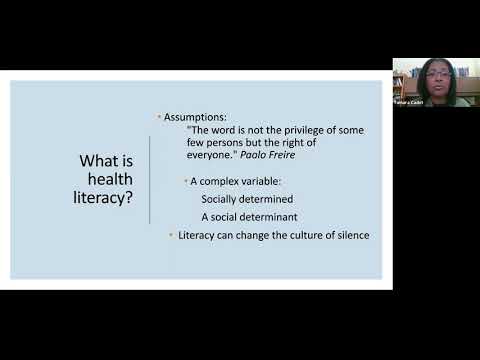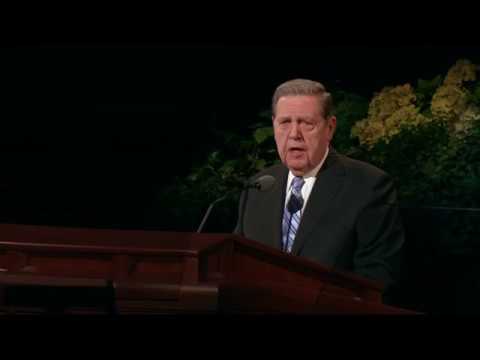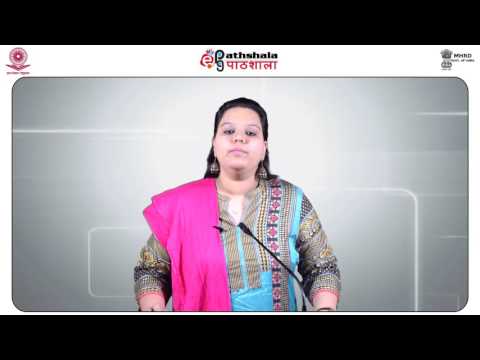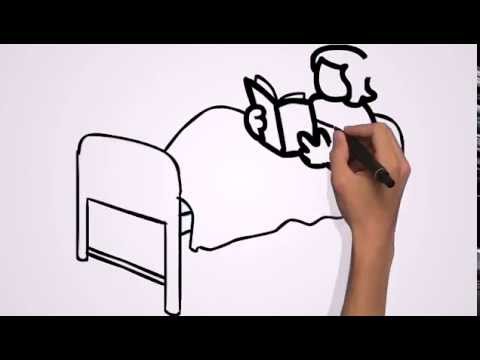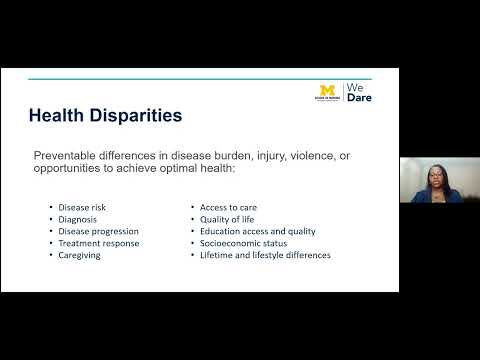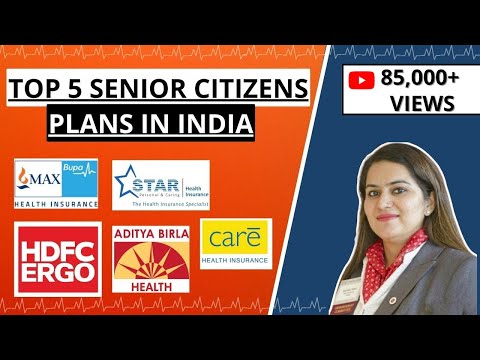Health Literacy and the Elderly
Contents
- The Importance of Health Literacy for the Elderly
- The Consequences of Poor Health Literacy for the Elderly
- The Relationship Between Health Literacy and Overall Health
- The Relationship Between Health Literacy and Medication Use
- The Relationship Between Health Literacy and Health Care Utilization
- The Relationship Between Health Literacy and Quality of Life
- The Importance of health education and Outreach for the Elderly
- The Importance of Family and Social Support for the Elderly
- The Importance of Technology in Improving Health Literacy for the Elderly
- The Future of Health Literacy and the Elderly
Health literacy is a key issue for the elderly population. By definition, health literacy is the ability to read, understand, and use health information in order to make informed decisions about one’s health. Unfortunately, many older adults struggle with health literacy, which can lead to poorer health outcomes.
There are a number of reasons why health literacy rates are lower among the elderly. One reason is that as we age, we tend to experience more health problems which can make it difficult to keep
Checkout this video:
The Importance of Health Literacy for the Elderly
Health literacy is the ability to obtain, read, understand, and use healthcare information in order to make appropriate health decisions (1). It is a growing public health concern in the United States where nearly 90% of adults have difficulty understanding and using basic health information (2).
This problem is especially prevalent among older adults. A study of 3,005 Medicare recipients found that only 12% had adequate health literacy skills (3). This suggests that a large majority of older adults are not able to fully understand and use healthcare information.
The consequences of low health literacy are significant. Poor health literacy is associated with poorer health outcomes, including increased mortality (4). In addition, people with low health literacy are more likely to have difficulty managing chronic diseases, such as diabetes and hypertension (5). They are also more likely to be readmitted to the hospital after being discharged (6).
Given the importance of health literacy for the elderly population, it is important for healthcare professionals to be aware of the problem and take steps to address it. One way to do this is by providing patient education materials that are easy to read and understand. Another way is by engaging patients in discussions about their health and medications. By taking these steps, healthcare professionals can help ensure that older adults have the knowledge and skills needed to make informed decisions about their health.
The Consequences of Poor Health Literacy for the Elderly
The consequences of poor health literacy for the elderly are many and varied. The most immediate and obvious consequence is that individuals with poor health literacy are more likely to have difficulty understanding and managing their health care This can lead to a number of problems, including failure to take medication as prescribed, failure to follow doctors’ orders, and an increased risk of hospitalization.
In addition to the direct consequences of poor health literacy, there are also indirect consequences. Poor health literacy has been linked to reduced life expectancy, increased rates of depression, and increased rates of social isolation. Additionally, individuals with poor health literacy are more likely to require long-term care and are more likely to experience a decline in their overall health status.
The Relationship Between Health Literacy and Overall Health
There is a strong relationship between health literacy and overall health. Health literacy is the ability to read, understand, and use health information. It includes understanding medical terms, taking medications correctly, and making informed decisions about one’s health.
Research has shown that people with low health literacy are more likely to have poorer overall health. They are more likely to have chronic conditions such as diabetes, high blood pressure, and heart disease. They are also more likely to be hospitalized, to have difficulty managing their medications, and to have a higher risk of premature death.
One of the most important things you can do to improve your overall health is to make sure that you have a good understanding of your health and your healthcare. If you or someone you know has difficulty understanding health information, there are resources available to help.
The Relationship Between Health Literacy and Medication Use
There is a growing body of evidence that suggests that health literacy is a significant predictor of medication use and adherence in the elderly population. A recent study found that older adults with lower health literacy were more likely to use medications incorrectly and were also more likely to be non-adherent to their medication regimen.
Health literacy is an important consideration in the design and implementation of educational interventions for older adults. In order to improve medication use and adherence in this population, it is essential to develop programs and materials that are appropriate for the low health literacy level of many older adults.
The Relationship Between Health Literacy and Health Care Utilization
There is a growing body of evidence suggesting that health literacy is a significant predictor of health care utilization. In a recent study, for example, it was found that patients with low health literacy were more likely to visit the emergency room and to be readmitted to the hospital within 30 days of their initial discharge than those with high health literacy.
Other studies have shown that health literate patients are more likely to take their medications as prescribed, to adhere to recommended preventive care practices, and to have better overall self-reported health.
Given the evidence linking health literacy to better health outcomes, it is important for healthcare providers to consider their patients’ literacy levels when designing care plans and providing information about their conditions. Additionally, healthcare organizations should make sure that their websites and other patient materials are written at an appropriate level of complexity and that staff are trained in how to effectively communicate with patients with low literacy levels.
The Relationship Between Health Literacy and Quality of Life
There is a clear relationship between health literacy and quality of life. Individuals who have high levels of health literacy tend to have better overall health, more positive health behaviors, and more positive health outcomes. In contrast, those with low levels of health literacy are more likely to have chronic health problems greater functional limitations, and poorer overall health.
In a study of adults aged 65 and older, those with higher levels of health literacy were more likely to report good or excellent health, compared to those with lower levels of literacy. They were also more likely to have engaged in preventive care activities such as getting a flu shot or having a colonoscopy. Furthermore, they were less likely to have been hospitalized in the past year or to have had an emergency room visit.
This relationship between health literacy and quality of life is particularly important for older adults, who are often more likely to have chronic conditions and multiple medications. Good communication between patients and their healthcare providers is essential for managing chronic conditions and preventing complications. However, older adults with low levels of health literacy are less likely to receive this kind of care. They may not understand how to take their medications correctly, follow recommended diet and exercise regimens, or recognize early signs of illness or disease. As a result, they are at greater risk for poor health outcomes.
The Importance of health education and Outreach for the Elderly
The elderly population is one of the most vulnerable groups when it comes to health and wellbeing. With age comes a greater risk of developing chronic health conditions, and as such, elderly individuals often require more medical care and attention. Unfortunately, many elderly individuals also suffer from poor health literacy. In fact, studies have shown that only 12% of older adults have adequate health literacy.
This low rate of health literacy can have serious consequences for the elderly population. Poor health literacy is linked with poorer overall health, increased risk of hospitalization, and higher mortality rates. It can also lead to increased social isolation and reduced quality of life.
Given the importance of health literacy for the elderly population, it is essential that we invest in health education and outreach programs specifically targeted at this group. Such programs should aim to improve seniors’ understanding of their own health and how to stay healthy as they age. Additionally, they should provide resources on where to go for help if needed.
If we are to ensure that our elderly population remains healthy and independent, we must commit to investing in their health literacy. Only then can we hope to provide them with the best possible quality of life in their golden years.
The Importance of Family and Social Support for the Elderly
It is widely accepted that family and social support are important for the health and wellbeing of the elderly. A growing body of research has shown that health literacy is a key factor in the ability of older adults to maintain their health and independence. Health literacy is the ability to read, understand, and use health information to make informed decisions about one’s health.
There are many factors that can contribute to low health literacy among the elderly, such as a lack of education, poor vision, and cognitive decline. Family and social support can play a vital role in offsetting these factors. For example, family members can help an elderly relative understand their health information, make appointments, and navigate the healthcare system. Social support networks can provide companionship and assistance with activities of daily living.
Research has shown that family and social support are associated with better health outcomes among the elderly, including lower mortality rates, fewer hospitalizations, and improved self-rated health. Given the importance of family and social support for the health of older adults, it is essential that interventions to improve health literacy take these factors into account.
The Importance of Technology in Improving Health Literacy for the Elderly
Technology can play a vital role in improving health literacy for the elderly. With the help of technology, seniors can more easily access information about their health, medications, and medical conditions.
Technology can also help seniors stay connected with their loved ones and their healthcare providers. This communication can help ensure that seniors receive the support they need to manage their health.
There are a number of ways that technology can help improve health literacy for the elderly. Some of these include:
– Providing easy access to information: Technology can help seniors easily find information about their health, medications, and medical conditions. There are a number of websites and apps that offer this type of information.
– Helping seniors stay connected: Technology can help seniors stay connected with their loved ones and their healthcare providers. This communication can help ensure that seniors receive the support they need to manage their health.
– Offering support in making decisions: Technology can provide seniors with tools to make informed decisions about their health. For example, there are apps that offer medication reminders and decision support tools.
The Future of Health Literacy and the Elderly
As our population ages, the issue of health literacy becomes more important. Health literacy is the ability to read, understand, and use health information to make decisions about one’s health. According to a report from the National Assessment of Adult Literacy, nearly 90% of adults aged 65 and older have below-average health literacy. This is a serious problem because low health literacy is linked to poorer health outcomes, including higher rates of hospitalization, more difficulty managing chronic conditions, and increased severity of illness.
There are many factors that contribute to low health literacy among the elderly. Many older adults did not finish high school, and their primary language may not be English. They may also have cognitive impairments that make it difficult to understand and remember information. Finally, they may not be able to access or afford healthcare services.
The good news is that there are things we can do to improve health literacy among older adults. For example, we can provide easy-to-understand materials in multiple languages, offer classes on how to navigate the healthcare system, and create social support groups for those with chronic conditions. We can also advocate for policies that support older adults’ access to healthcare and help them stay healthy and independent for as long as possible.
By working together, we can ensure that all older adults have the skills and knowledge they need to make informed decisions about their health.

